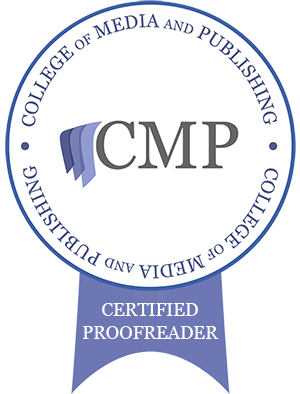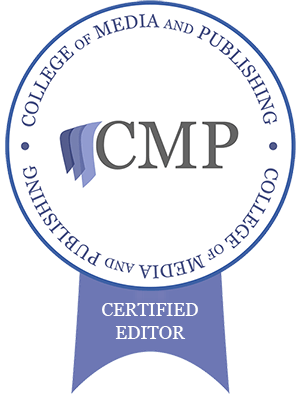
A Childhood Favourite
Roald Dahl, a childhood favourite. I’ve always been a big reader. As a child, I consumed so many books. Like many people my age, my first foray into the horror genre was the Goosebumps books by RL Stine. My particular favourite author was Roald Dahl. I’ve certainly read every children’s book he ever wrote, and a fair amount of his adult short stories too. My favourites were Charlie and the Chocolate Factory, its sequel, the Great Glass Elevator, The Witches and the BFG. I actually wore out my first copy of the BFG and needed a replacement.
I’m Not Alone
I know I’m not alone in loving these stories. They are immensely popular and a real institution in popular media. There have been movies made of most of these books, with varying degrees of success. Matilda has a successful movie, West End and Broadway musical, and a movie of the musical. Charlie and the Chocolate Factory has had two brilliant, yet very different movies made. I liked the Tim Burton and Johnny Depp film, and I will die on this hill.
Roald Dahls books have a particular appeal, and I think now, as an adult, I can understand why. I don’t know if these books shaped my sense of humour and personality, or I liked them because they aligned with these aspects of myself. What I do know is that there is often some dark undertones in these books. They don’t paint adults as these perfect people who are always right and should be respected automatically because they are older.
There’s a dark humour in a lot of the stories. Bad things can happen, and it’s sometimes funny when a bad person has something horrible happen to them. Particularly the rewrites of classic nursery rhymes and fairy tales with vastly different endings.
Messages
There’s a common theme in all of his children’s books. People who are abusive, gluttonous, greedy or cruel get what they deserve at the hands of the good child protagonist, often helped by a ‘good’ adult. The antagonists are usually adults, although children who start to show these dislikeable qualities are often punished for this in some way. Let’s look at an example.
Matilda
Let’s look at Matilda. Matilda is immediately shown as different from her family. Her father is a dishonest salesman who cheats people to make money. Her mother is spoiled and enjoys a lavish lifestyle. They show clear favouritism to their son, Michael, because he’s like them. They don’t have time for books or learning. Matilda loves reading and she has to do it in secret. Her family treat her like an outcast. They don’t even let her go to school until she insists on it.
At school, Matilda shows that she is exceptionally gifted and bright. She learns of the headmistress, Miss Trunchbull, the main antagonist of the story. Miss Trunchbull is the worst kind of teacher, she hates children and is mentally and physically abusive towards them. Extreme punishments for the most minor infractions to her extremely strict school rules.
Contrast her with Miss Honey, Matilda’s teacher. She’s the good adult, who takes Matilda under her wing and allows her to thrive. Yet, she lives in fear of Miss Trunchbull, her aunt, who raised her. Matilda discovers her telekinetic abilities, and uses them to great effect to get revenge on Miss Trunchbull, scaring her off and allowing Miss Honey to reclaim her family home and live a happier life. Matilda convinces Miss Honey to adopt her so she can leave her family and stay, going on to live a good life.
Interpretation
So what can we learn from this? Not all adults are good people. Plenty of them are cruel and horrible. We should learn to accept people for who they are, and encourage their talents and abilities, not force them to suppress them. Everyone has a fear or weakness. You should stay with people who care about you and want to help you, and walk away from those who mistreat you.
Children are often told to listen and obey, do what they’re told without question and have respect for their elders, no matter what. Roald Dahl is showing us a different side, that we shouldn’t have to remain stuck in the status quo, and accept these things without question. It’s a powerful message, dressed up in a fantastical story about a girl with special abilities.
It certainly had a big impact on me, I saw a lot of myself in Matilda as a child. I loved reading and learning, and was made to feel like an outcast because of it. I endured years of bullying at school, because I had a teacher who singled me out as being smarter than everyone else in my class. This experience has had a lasting impact on me, but these books were a huge comfort. Now, as an adult, I am trying to find myself again and learning to be proud of who I am and my abilities.
Conclusion
I’ll leave you with this thought for now. I’d like to dig a little deeper into this and look at more of Roald Dahl’s work, including my favourite adult short story of his, A Lamb to the Slaughter. I also plan to address the recent controversy surrounding his work and give my perspective on it. The revisions made for ‘sensitivity’ by the publisher, and why I think the majority of changes are utterly ridiculous and performative. So be prepared for that later this week. To learn more, check out the Wikipedia page here. To read up on this years controversy regarding the revisions made to these classic books, check here.
Feel free to weigh in on this, I’m interested to see how others have interpreted these stories and what other people think of it. Comments are open. To read more, you can subscribe via email below, and as always, my social media channels are there if you want more. See you next time!




Leave a Reply